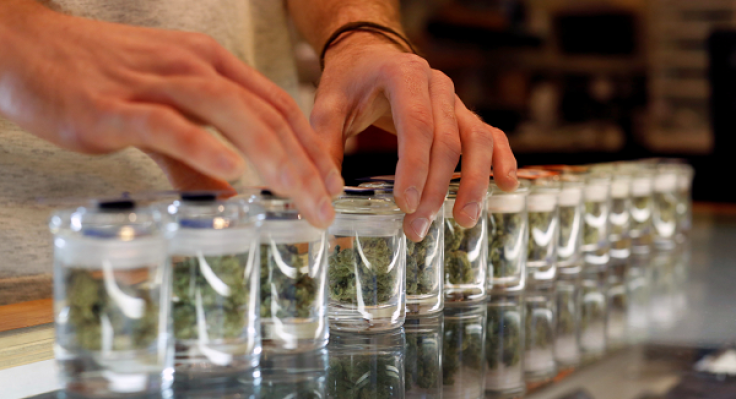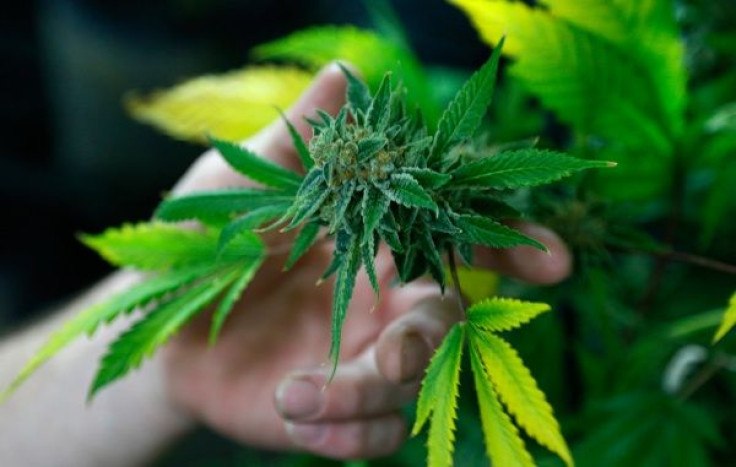Marijuana Genome Mapping: Cannabis Strains Have Distinct Flavors Due To Different Genes, Study Finds

Even though federal laws in the United States still classify marijuana as an illegal drug, many states have formulated more lax laws surrounding cannabis, with varying acceptability of both medical and recreational marijuana use. However, the nascent industry is far from standardized, especially in terms of the many variants of weed that are available in the market.
Researchers from the University of British Columbia (UBC) in Canada are trying to change that with a new study on the flavor of different strains, hoping a better understanding would lead to cultivation of consistent high-quality varieties. Published Wednesday in the journal PLOS ONE, the open-access study is based on scanning the genome of different cannabis plants to identify the genes responsible for flavor.
Read: What Is A Marijuana Strain?
The researchers found around 30 terpene synthase genes that are responsible for different flavors in marijuana. Terpenes are produced by a large variety of plants, as well as some insects, and are a large class of organic compounds that usually have a strong smell, which can be fragrant. Synthases are enzymes that catalyze the process of synthesis in an organism, in this case, terpene in cannabis.
Some of the genes discovered by the researchers contribute to the production of limonene, myrcene and pinene in marijuana plants. Limonene, for instance, gives cannabis a lemon-like flavor, while myrcene imparts an earthy flavor. Also discovered was the terpene that gives cannabis its signature smell — beta-caryophyllene.

“The goal is to develop well-defined and highly-reproducible cannabis varieties. This is similar to the wine industry, which depends on defined varieties such as chardonnay or merlot for high value products. Our genomics work can inform breeders of commercial varieties which genes to pay attention to for specific flavor qualities,” Jörg Bohlmann, a professor in the faculty of forestry at UBC and lead author of the study, said in a statement Wednesday.
Read: Where Is Marijuana Legal In The US?
The number of genes found in the study is similar to that found to play a role in grapevine for the flavor of wine. The researchers said the interaction between terpene compounds and cannabinoid compounds — like tetrahydrocannabinol that gives marijuana its medicinal properties — still needs to be examined. Bohlmann said it will help standardize an industry whose economic potential is massive.
“There is a need for high-quality and consistent products made from well defined varieties.” he said.
Co-authors on the study were graduate student Judith Booth and Jonathan Page, who teaches in the botany department, and also founded cannabis testing and biotechnology company Anandia Labs.
© Copyright IBTimes 2024. All rights reserved.











